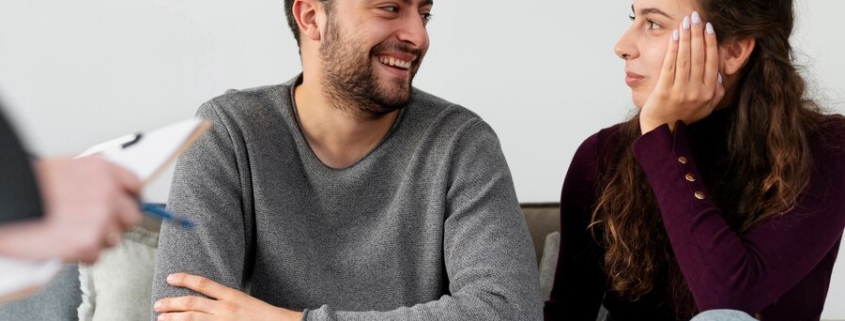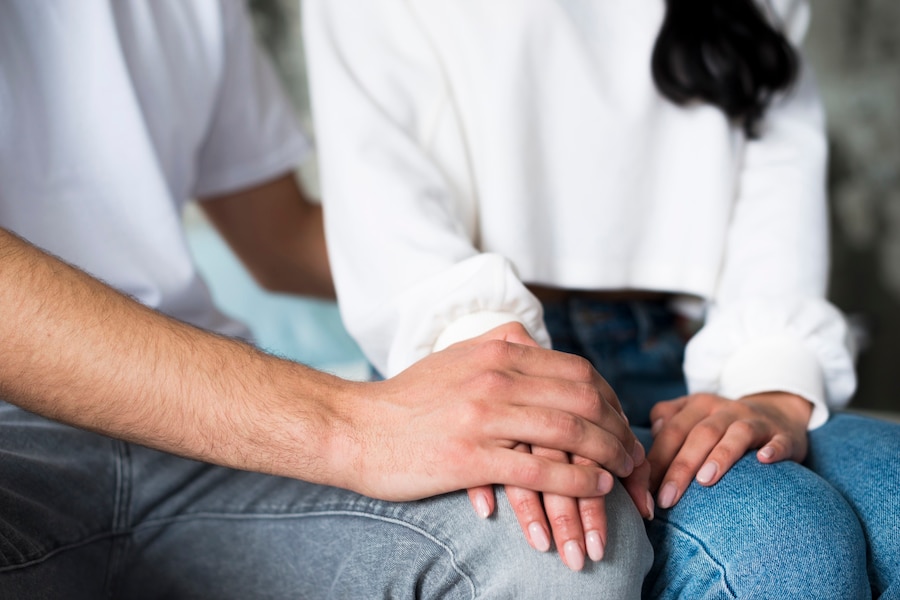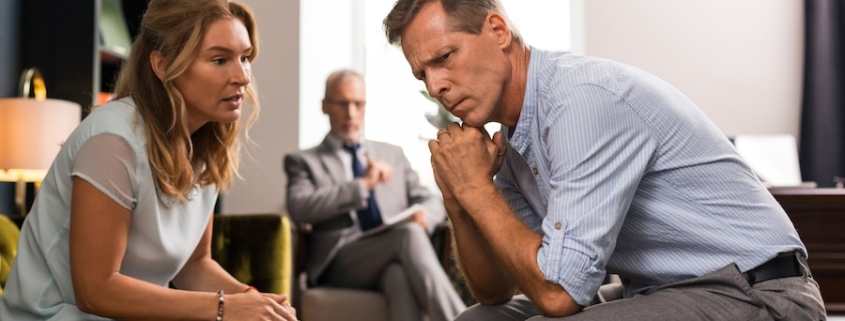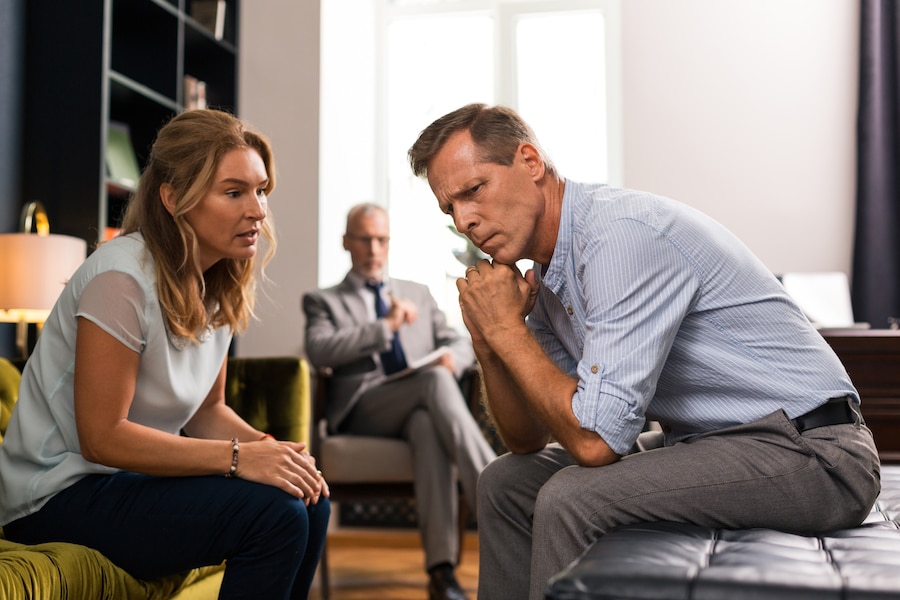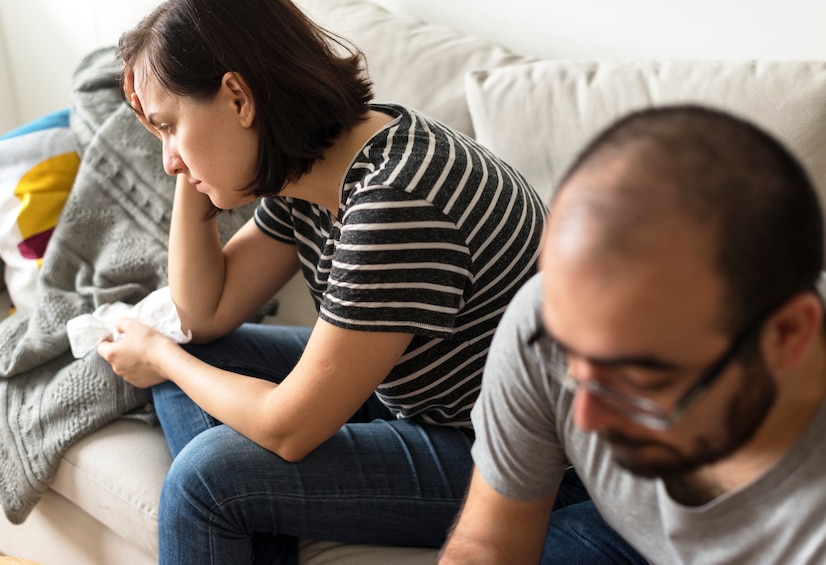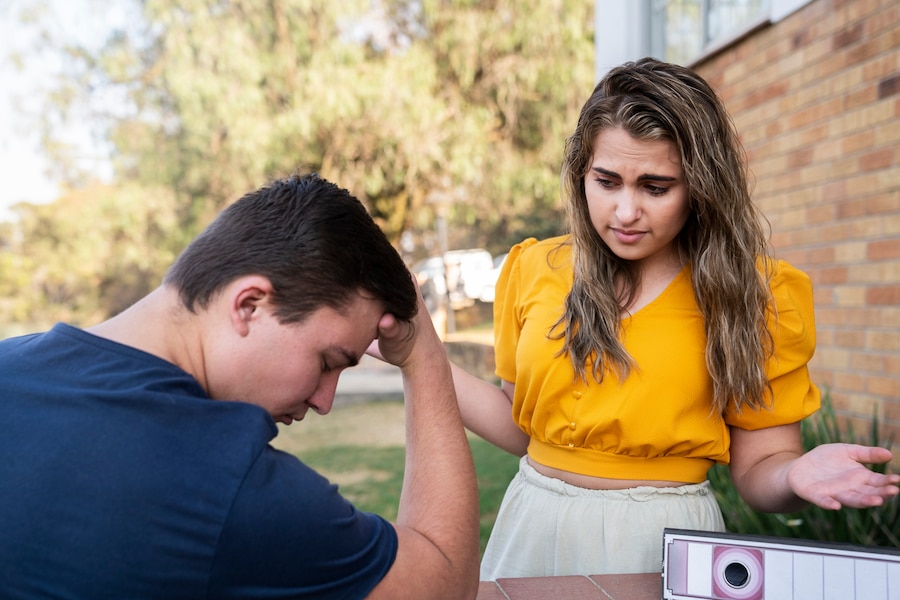Addiction is often characterized by feelings of isolation and alienation, both for the individual struggling with substance abuse and their partner. Couples facing addiction may find themselves trapped in a cycle of secrecy, shame, and distance, unable to communicate openly or support each other effectively. However, couples rehab in Orange County offers a beacon of hope, providing a unique opportunity for couples to break free from isolation and embark on a journey of shared healing. In this article, we’ll explore the transformative power of couples rehab and how it offers a path toward renewed connection, understanding, and recovery.
Couples Rehab Services
Understanding the Isolation of Addiction
The isolation of addiction erects formidable barriers to communication, intimacy, and connection within relationships. Couples contending with addiction may find themselves ensnared in a web of secrecy and solitude, unable to confide in one another or reach out for support. This profound sense of isolation can exacerbate existing tensions between partners, fostering feelings of shame, guilt, and resentment. As addiction thrives in the shadows of silence, breaking free from this cycle of isolation is crucial for couples to begin the journey towards healing and recovery together.
The Role of Couples Rehab
Couples rehab serves as a beacon of hope for couples ensnared in the grips of addiction, offering a sanctuary where they can navigate their challenges side by side. Diverging from conventional rehab models centered on individual treatment, couples rehab acknowledges the intrinsic link between addiction and relationships. By addressing both dimensions concurrently, couples rehab provides partners with a holistic framework for healing and recovery. Within this supportive environment, couples can cultivate resilience, rebuild trust, and forge a path towards sobriety and renewed connection together.
Breaking Down Barriers to Communication
At the heart of couples rehab lies the aim to dismantle barriers to communication, paving the way for transparent and authentic dialogue between partners. Through a combination of individual therapy and couples counseling sessions, couples are equipped with the tools to recognize and articulate their emotions, desires, and apprehensions in a productive manner. By mastering effective communication techniques, couples can traverse the chasm that addiction has erected, fostering the restoration of trust and intimacy within their relationship. This process of open dialogue serves as a cornerstone for couples to navigate their shared journey of recovery with empathy, understanding, and mutual support.
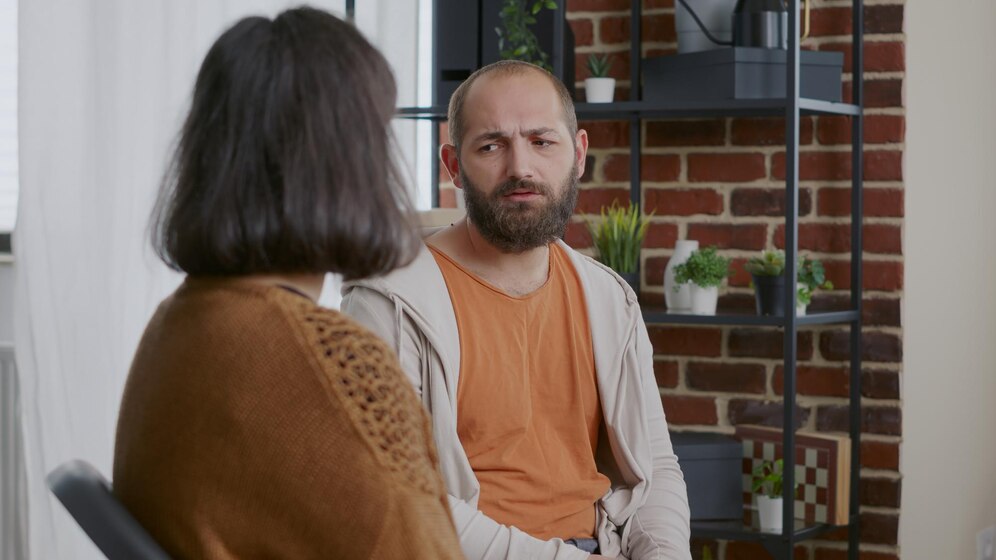
Rebuilding Trust and Connection
Addiction often inflicts wounds upon trust and strains the fabric of intimacy within a relationship. Couples rehab serves as a vital resource, equipping partners with the necessary tools, skills, and support to mend these ruptures and restore trust and connection. Through therapeutic interventions, couples confront past grievances, resentments, and breaches of trust, embarking on a journey of forgiveness, reconciliation, and healing. By cultivating empathy and fostering mutual understanding, couples lay the groundwork for a relationship fortified with resilience and deepened intimacy. In the crucible of couples rehab, partners emerge empowered to forge a path towards a brighter, more harmonious future together.
Supporting Each Other’s Recovery
Within couples rehab, partners assume pivotal roles in bolstering each other’s paths to recovery. Through joint attendance in therapy sessions, involvement in group activities, and the cultivation of mutual accountability, couples extend vital support, encouragement, and guidance to one another in maintaining sobriety. This collaborative dedication to abstinence fosters a spirit of unity and teamwork, fortifying the connection between partners and amplifying their prospects for sustained recovery.
As they navigate the journey together, couples forge a bond founded on shared resilience and unwavering commitment, ensuring they emerge from rehab equipped with the strength and solidarity needed to confront the challenges that lie ahead.
Embracing Shared Goals and Dreams
Amidst the journey through rehab, couples are encouraged to envision a future liberated from the shackles of addiction. Couples rehab provides a fertile ground for partners to coalesce around shared goals, aspirations, and dreams, crafting a blueprint for their collective journey forward. By harmonizing their visions for the future and championing each other’s personal growth and aspirations, couples sow the seeds of purpose, direction, and fulfillment within their relationship.
Through this collaborative endeavor, partners not only lay the groundwork for a life free from addiction but also cultivate a bond infused with shared purpose and mutual support, forging a path towards a future brimming with possibility and promise.
Breaking the Isolation at Couples Rehab
Couples rehab offers couples a beacon of hope in the journey towards recovery and healing. By breaking down barriers to communication, rebuilding trust and connection, supporting each other’s recovery, and embracing shared goals and dreams, couples can overcome the isolation of addiction and emerge stronger, healthier, and more connected than ever before. If you and your partner are struggling with addiction, consider exploring the transformative possibilities of couples rehab and take the first step towards a brighter future together. Contact us today to learn more about how our specialized programs can support you and your partner on your journey towards recovery, healing, and renewed connection.

FAQs
- What is Couples Rehab, and how does it break the isolation experienced by couples struggling with addiction?
- Couples Rehab is a specialized treatment center that provides joint recovery programs for couples battling addiction together. By offering a supportive environment where couples can address their substance abuse issues as a team, Couples Rehab breaks the isolation often experienced by individuals struggling with addiction.
- How does Couples Rehab differ from traditional rehab centers in terms of breaking isolation?
- Couples Rehab differs from traditional rehab centers by recognizing the importance of addressing addiction within the context of a relationship. Through joint therapy sessions and shared experiences, Couples Rehab offers couples a path toward shared healing, breaking the isolation that often accompanies individual-focused treatment.
- What types of programs and therapies are available at Couples Rehab to help couples break the isolation of addiction?
- Couples Rehab offers a range of programs and therapies designed to help couples break the isolation of addiction. These may include individual therapy, couples counseling, group therapy sessions, and experiential therapies aimed at fostering connection and communication between partners.
- How does Couples Rehab support couples in building a sense of community and connection with others in similar situations?
- Couples Rehab supports couples in building a sense of community and connection by providing opportunities for interaction with other couples facing similar challenges. Through group therapy sessions, recreational activities, and shared meals, couples form bonds with their peers, breaking the isolation of addiction and finding strength in unity.
- What role does mutual support play in the journey to healing at Couples Rehab?
- Mutual support is a central aspect of the journey to healing at Couples Rehab. Couples are encouraged to lean on each other for encouragement, understanding, and motivation as they navigate the challenges of recovery together. By breaking the isolation of addiction, couples strengthen their bond and increase their chances of success.
- How does Couples Rehab empower couples to overcome feelings of isolation and shame associated with addiction?
- Couples Rehab empowers couples to overcome feelings of isolation and shame associated with addiction by providing a safe and supportive environment where they can share their experiences openly and honestly. Through therapeutic interventions and guided discussions, couples learn to confront their feelings of isolation and shame, finding validation and support in each other.
- What are the benefits of attending Couples Rehab with a partner?
- Attending Couples Rehab with a partner offers numerous benefits, including increased accountability, shared experiences, and mutual support. Couples can break free from the isolation of addiction, strengthen their relationship, and work together toward shared healing and recovery.
- How can couples get started on their journey to shared healing at Couples Rehab?
- Couples can get started on their journey to shared healing at Couples Rehab by reaching out to the admissions team to learn more about available programs and treatment options. With compassionate guidance and personalized support, Couples Rehab helps couples break the isolation of addiction and find a path toward healing together.
- What role does communication play in breaking the isolation of addiction at Couples Rehab?
- Communication is paramount in breaking the isolation of addiction at Couples Rehab. Through open and honest communication, couples can share their experiences, express their emotions, and work through challenges together. Couples therapy sessions provide a safe space for couples to practice effective communication skills, fostering connection and understanding.
- How does Couples Rehab address the unique needs of each partner while also promoting shared healing and connection?
- Couples Rehab addresses the unique needs of each partner by offering personalized treatment plans tailored to their individual challenges and goals. Through a combination of individual therapy and couples counseling, Couples Rehab promotes shared healing and connection while also addressing the specific needs of each partner




